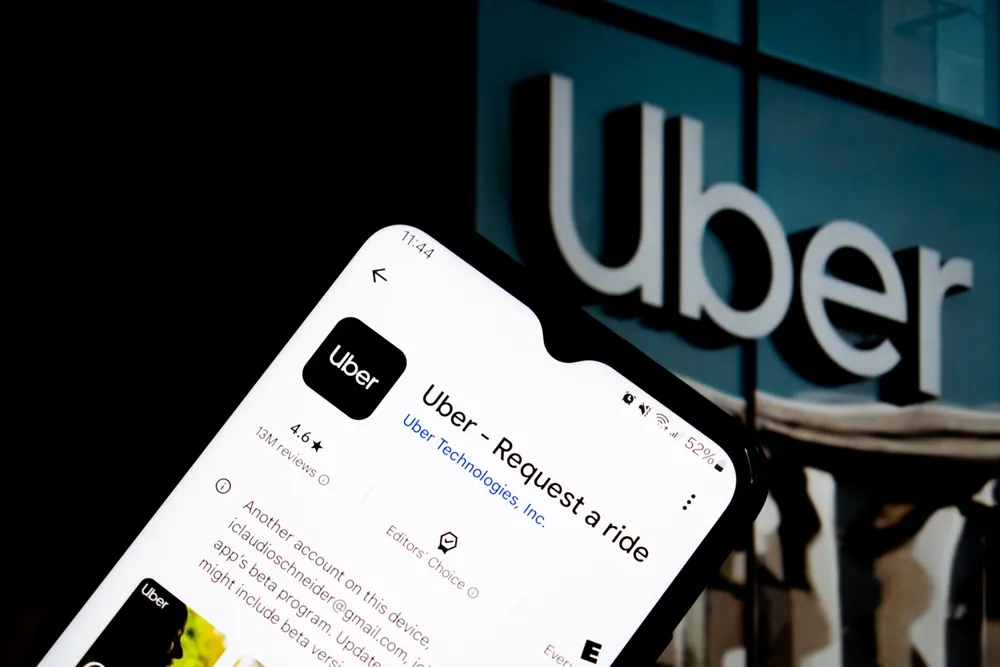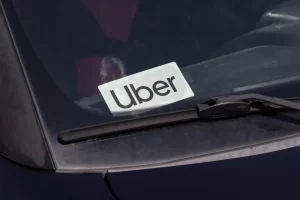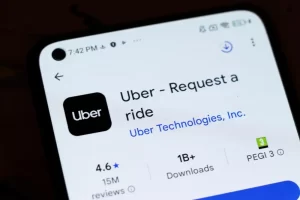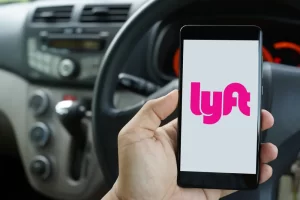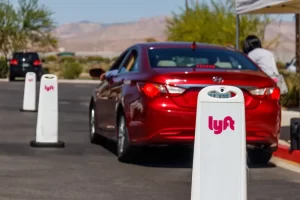A Sacramento lawsuit alleges Uber abandoned a vulnerable passenger after a concert, leaving an inebriated, stranded woman without a phone in a dangerous area, where she was violently assaulted at knifepoint, ABC 10 reported.
The Rosemont, CA woman, identified only as “Jane Doe,” vomited during the ride, prompting the driver to stop at a gas station miles from her home. She was left behind, her phone and keys left in the car. She was then abducted by strangers who sexually assaulted her before she escaped through a window and reached safety at a school the next morning. Attorneys accuse Uber of failing to supervise or train its drivers, saying “Uber utterly failed to deliver the most basic duties it owed to this young woman.”
Uber issued a statement, “What this individual experienced is heartbreaking… while we cannot comment on pending litigation, we are committed to the safety and well-being of everyone who uses the Uber platform.”
These allegations echo the central claims in Uber’s ongoing legal battles. On the federal side, more than 2,500 Uber sexual assault lawsuits have been consolidated into Multidistrict Litigation (MDL No. 3084) in the Northern District of California, overseen by Judge Charles Breyer. The first trial in that MDL, a bellwether case that could decide the fate of future Uber sexual assault lawsuits, was originally scheduled for December 8, 2025, but has now been moved to January 6 or 7, 2026, due to discovery delays. The outcome of that trial may influence settlement negotiations across thousands of cases.
Meanwhile in a California state court, over 500 similar claims have been consolidated under the Judicial Council Coordinated Proceedings (JCCP), with trials beginning this month. In both venues, survivors argue Uber is responsible due to failures like weak background checks, inadequate safety features, and ignoring warning signs.
A core argument shared across both federal and state proceedings is that Uber functions as a “common carrier” and therefore owes its passengers the “utmost care and diligence,” a legal duty that courts have affirmed under California law.
If you or someone you know was harmed by a rideshare driver’s actions or negligence, you’re not alone—and you may have legal options. Learn more about how to protect your rights and connect with experienced legal support in our Uber sexual assault lawsuit guide and our Lyft sexual assault guide.
To have your case evaluated, start the process by filling out the form below.
